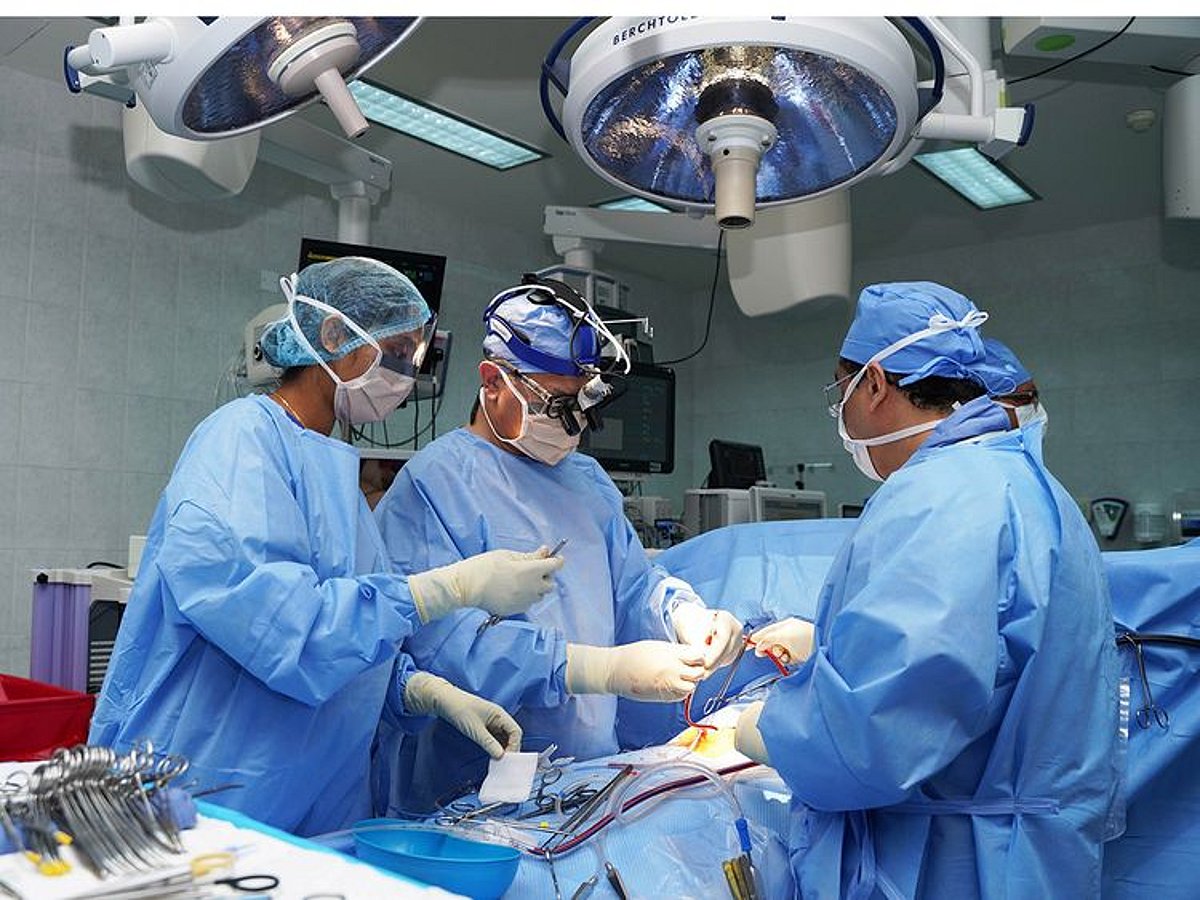Successful Fetal Surgery for Spina Bifida in Abu Dhabi
In a remarkable medical achievement, doctors in Abu Dhabi have successfully performed a complex fetoscopic surgery on a 25-week-old fetus diagnosed with spina bifida. The procedure, which lasted 90 minutes, took place at SEHA Sheikh Khalifa Medical City (SKMC) and highlights advancements in prenatal care.
Understanding Spina Bifida
Spina bifida is a congenital condition that occurs when the spine and the protective membranes surrounding the spinal cord do not close properly during early pregnancy. This defect can lead to a range of neurological issues and long-term disabilities, affecting mobility and bodily functions. The primary goal of the recent surgery was to close the spinal defect, thereby protecting the fetus’s neurological function and enhancing overall development.
The Surgical Procedure
The surgery commenced with a careful abdominal incision, akin to a caesarean section, allowing access to the uterus while maintaining its integrity. This meticulous approach is crucial to prevent premature labor and ensure a sterile environment for the fetus. Utilizing ultrasound imaging, the surgical team accurately located the fetus, preparing for the delicate operation.
The pediatric surgery team at SEHA SKMC then executed the intricate repair of the spina bifida defect. They employed advanced fetoscopic techniques, which involve operating through small incisions. In this case, only three incisions, each measuring three millimeters, were made. This minimally invasive method not only reduces recovery time but also preserves the uterine environment, allowing the pregnancy to continue safely.
Benefits of Early Intervention
Traditionally, spina bifida was treated after birth, often leading to complications such as impaired mobility and the need for multiple surgeries. However, early intervention through prenatal surgery significantly decreases the risk of neurological damage, offering the child a better chance for a healthier and more active life.
Dr. Adel Ali Al Junaibi, a Consultant Pediatric Surgeon at SEHA SKMC, emphasized the importance of prenatal repair, stating that it greatly improves long-term outcomes. He noted that early intervention reduces the risk of paralysis and the need for subsequent surgeries after birth, enhancing the likelihood of independent mobility.
Expertise and Collaboration
The surgery was conducted under the Visiting Physicians Programme, initiated by the Department of Health – Abu Dhabi, which fosters collaboration with renowned medical experts globally. Dr. Werner Gerhard Diehl, a Consultant in Fetal Medicine at SEHA Corniche Hospital, highlighted the precision and careful planning required for such procedures. He noted that the hospital has performed over 500 therapeutic interventions, achieving outcomes that align with international standards, positioning them as leaders in fetal care in the region.
FAQs
What is spina bifida?
Spina bifida is a birth defect that occurs when the spine and spinal cord do not form properly, leading to potential neurological issues and physical disabilities.
How is spina bifida treated before birth?
Spina bifida can be treated prenatally through fetoscopic surgery, which involves repairing the defect while the fetus is still in the womb, thus improving outcomes and reducing complications.
What are the benefits of early surgical intervention for spina bifida?
Early surgical intervention can significantly reduce the risk of neurological damage, improve mobility, and decrease the likelihood of multiple surgeries after birth, leading to a better quality of life for the child.
Conclusion
The successful fetoscopic surgery for spina bifida in Abu Dhabi marks a significant advancement in prenatal care, offering hope for improved outcomes for affected infants. As medical technology continues to evolve, early intervention strategies will play a crucial role in enhancing the quality of life for children with congenital conditions.
The success of this surgery not only underscores the capabilities of SEHA Sheikh Khalifa Medical City but also reflects a broader trend in the medical community towards minimally invasive techniques. These advancements are made possible through ongoing research and development in fetal medicine, which aims to improve surgical outcomes and reduce risks associated with traditional open surgeries.
Moreover, the collaboration between local medical teams and international experts exemplifies the commitment to enhancing healthcare standards in the region. Such partnerships facilitate knowledge exchange and skill development, ultimately benefiting patients and their families. The positive results from this procedure may encourage further investment in prenatal care initiatives, potentially leading to more innovative treatments for various congenital conditions.
Also Read:
Tips to Care for Heritage Sarees and Ensure Longevity







